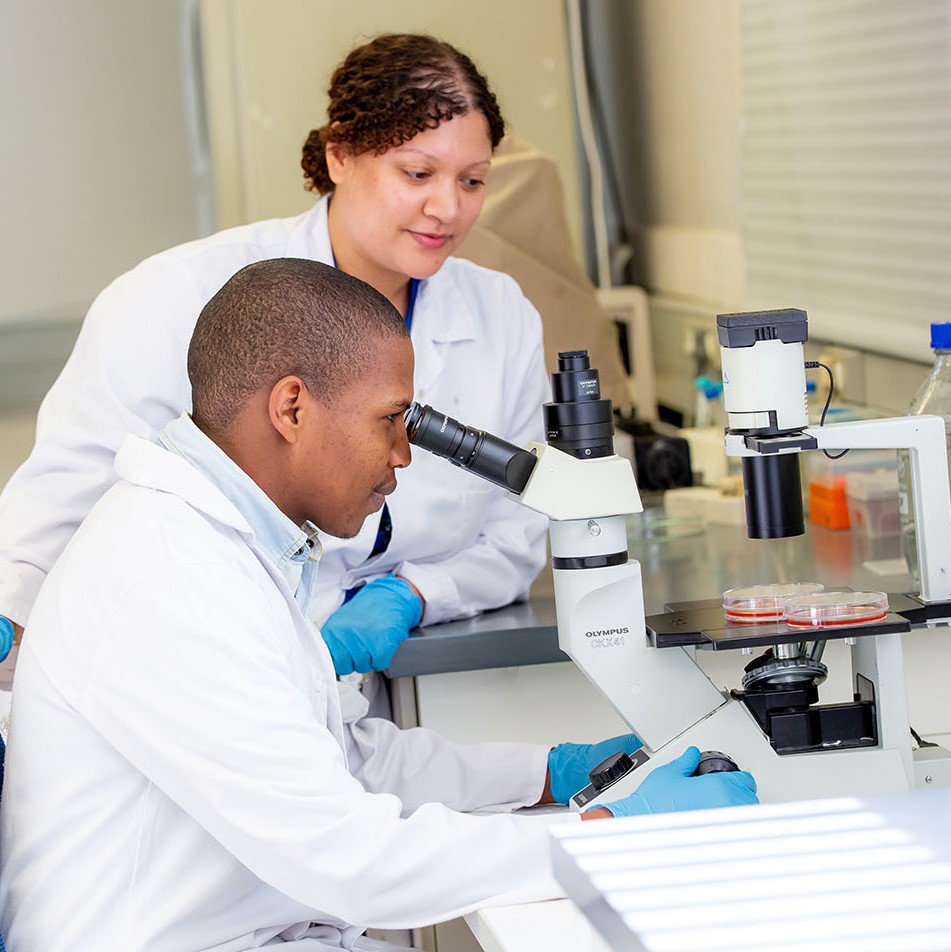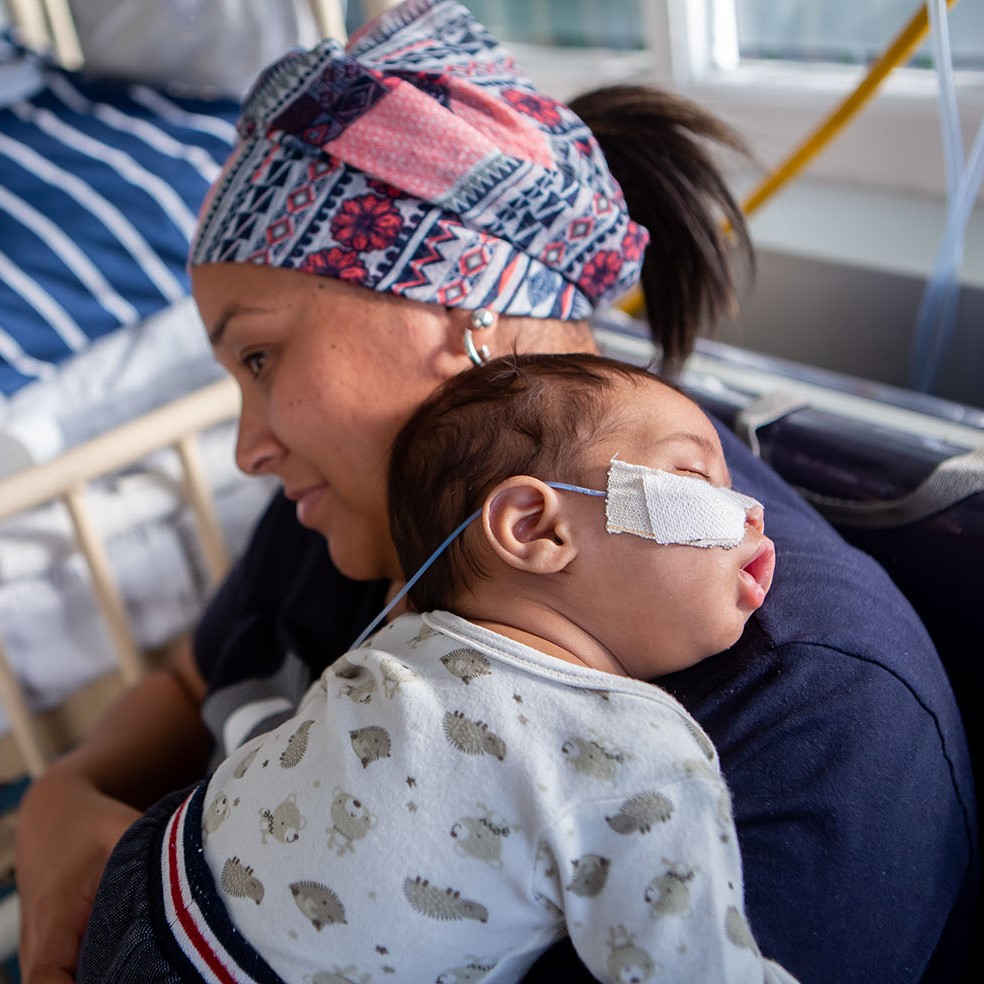One of the privileges of a career in neuroscience is the abundance of opportunities to make meaningful differences in people’s lives. While the determinants of brain diseases and disorders are often societal ills, such as poverty and attendant risks coupled with limited access to healthcare, an institute such as ours offers a number of pathways to contribute through finding new solutions, developing human capacity and building global partnerships.
We follow a socially-responsive approach, using advocacy, engagement and outreach to extend our impact to and beyond the scientific community, to industry, government and society more broadly.
We work to promote brain health as a component of overall health, develop public understanding of the brain, advocate for patients with neurological and mental disorders, and raise awareness among key stakeholders of strategies for reducing brain diseases.

The science community

Based in a world-class facility, the work of our interdisciplinary network of scientists, clinicians, students and civil society stakeholders supports globally-relevant scientific discovery, as well as tailored healthcare within an African context.
We disseminate our research across the global scientific community through publications, collaborative partnerships, and regular workshops and symposia. This not only supports scientific advancement, but increases the global visibility of African neuroscience, and boosts the participation of African neuroscientists in the field internationally.
We are also well-positioned to develop African neuroscience capacity given our ability to fund postgraduate students and emerging researchers, and to provide a nurturing workspace with access to shared data, analytical resources and interdisciplinary expert advice.
Our core academic group has an exceptional track record of representation on editorial boards (e.g., Child’s Nervous System, Developmental Medicine and Child Neurology, Epilepsia, Frontiers in Neurology, Neurosurgery, Stereotactic and Functional Neurosurgery), and our leadership is further represented widely across international academic and clinical bodies in the neurosciences, including but not limited to:
- Graham Fieggen: Past President, International Society for Pediatric Neurosurgery; President, The Society of Neurosurgeons of South Africa
- Anthony Figaji: Past President, International Neurotrauma Society
- Allan Taylor: President, World Federation Interventional and Therapeutic Neuroradiology; Past President, The Society of Neurosurgeons of South Africa
- Lawrence Tucker: President, Neurology Association of South Africa
- Jo Wilmshurst: President, International Child Neurology Association
Industry and government

Our science has immediate relevance to public health policy, and members of our team have played important roles in advocating for policy changes, with a few examples being:
- Kirsten Donald: sitting on the UNICEF expert panel for global standard setting in early childhood development, which has been beneficial in representing and serving low-middle income countries.
- Graham Fieggen: advocating for prophylactic antenatal folate supplementation to reduce the incidence of spina bifida, particularly in Africa.
- Anthony Figaji: Leading GlobalNeuro and GlobalTBI, supporting training and service delivery for priority neurosurgical conditions.
- Dan Stein: performing key regional advisory roles for the World Health Organisation in the area of mental health.
- Jo Wilmshurst: advocating for closing the treatment gap for epilepsy in low-middle income countries settings generally, but in Africa in particular.
We are also currently catalysing our thinking about how to conduct industry-sponsored research, clinical trials and intellectual-property revenues, such as surgical devices, diagnostics and therapeutics.
Civil society

We perform advocacy and social responsiveness on a number of different levels to help address the causes and consequences of developmental and intellectual disability, brain injury, neurodisability and mental health.
At a clinical-service level, we provide guidance and motivation for services, and create opportunities to amplify voices from affected communities. We also work together with communities to define priority research areas, discuss feasibility and acceptability of research approaches, aid the understanding of scientific concepts, and determine the best ways of providing feedback about what we find in our ongoing studies.
We actively engage with relevant non-governmental organisations, facilitating conversations about how to prioritise resources and support across different specialists and sectors, and gaining insight from them that helps to direct our research. Such organisations include:
- the Association for Spina Bifida and Hydrocephalus-SA (ASBAH)
- Autism Western Cape (AWC)
- South African Depression and Anxiety Support Group (SADAG)
- Southern African Academy of Childhood Disability (SA-ChilD)
- ComaCare and the Brain Injury Trust
- International League against Epilepsy (ILAE)/ International Board for Epilepsy (IBE).
We also participate in Brain Awareness Week, an annual global campaign to increase public awareness of the value of brain research.
